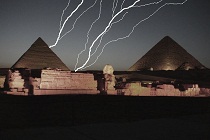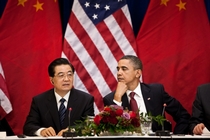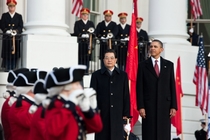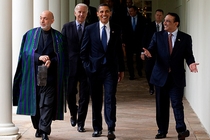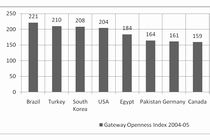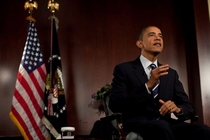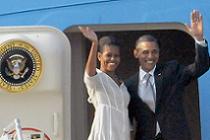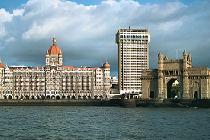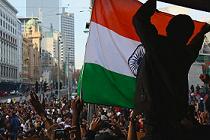March of Follies in Egypt
There are more than Western interests at play in Egypt. The other catalysts for the unrest are a combination of Iranian adventures, hypocritical policies of West Asian regimes and resurgent commodity speculation in western markets, triggering a rise in prices of basic items in emerging markets

